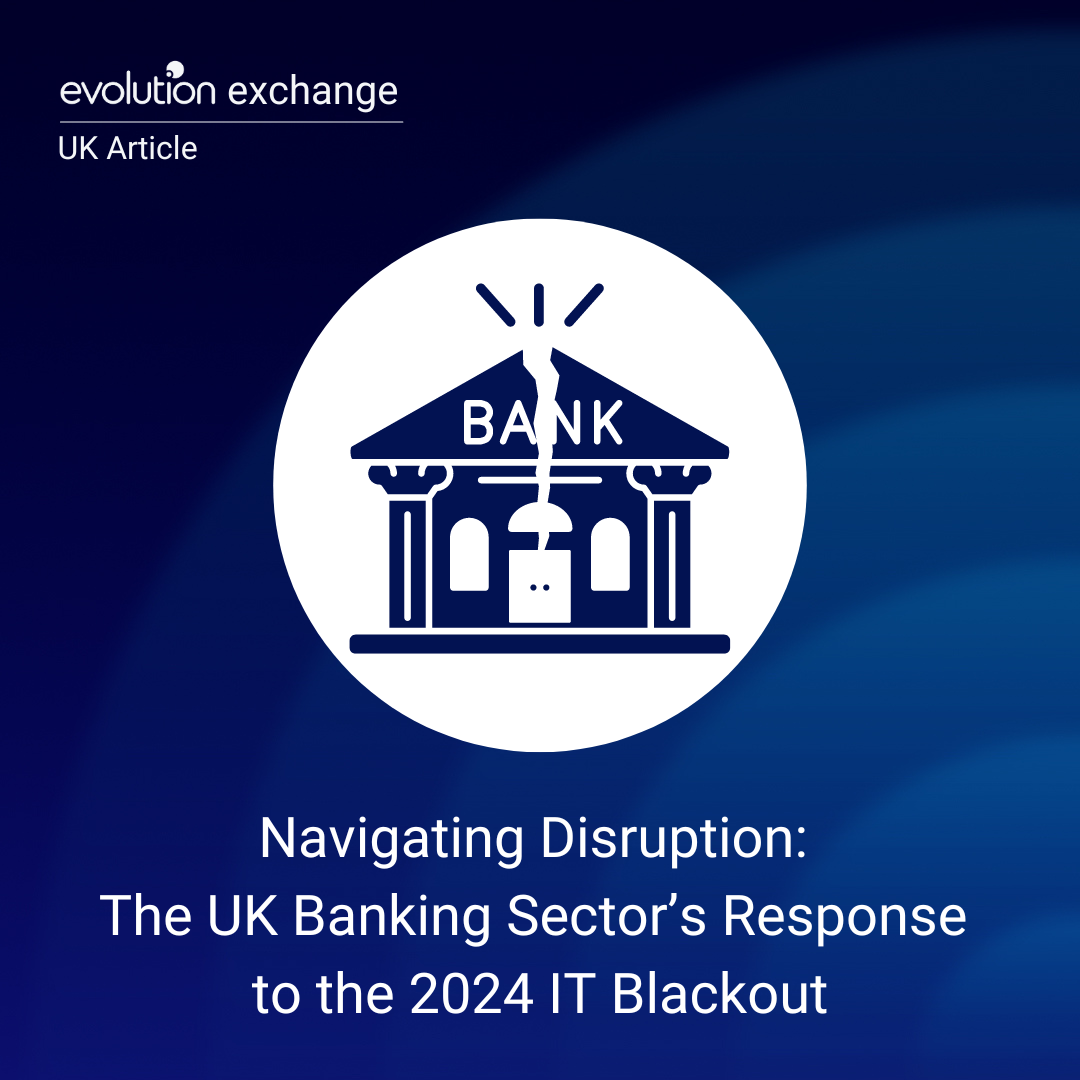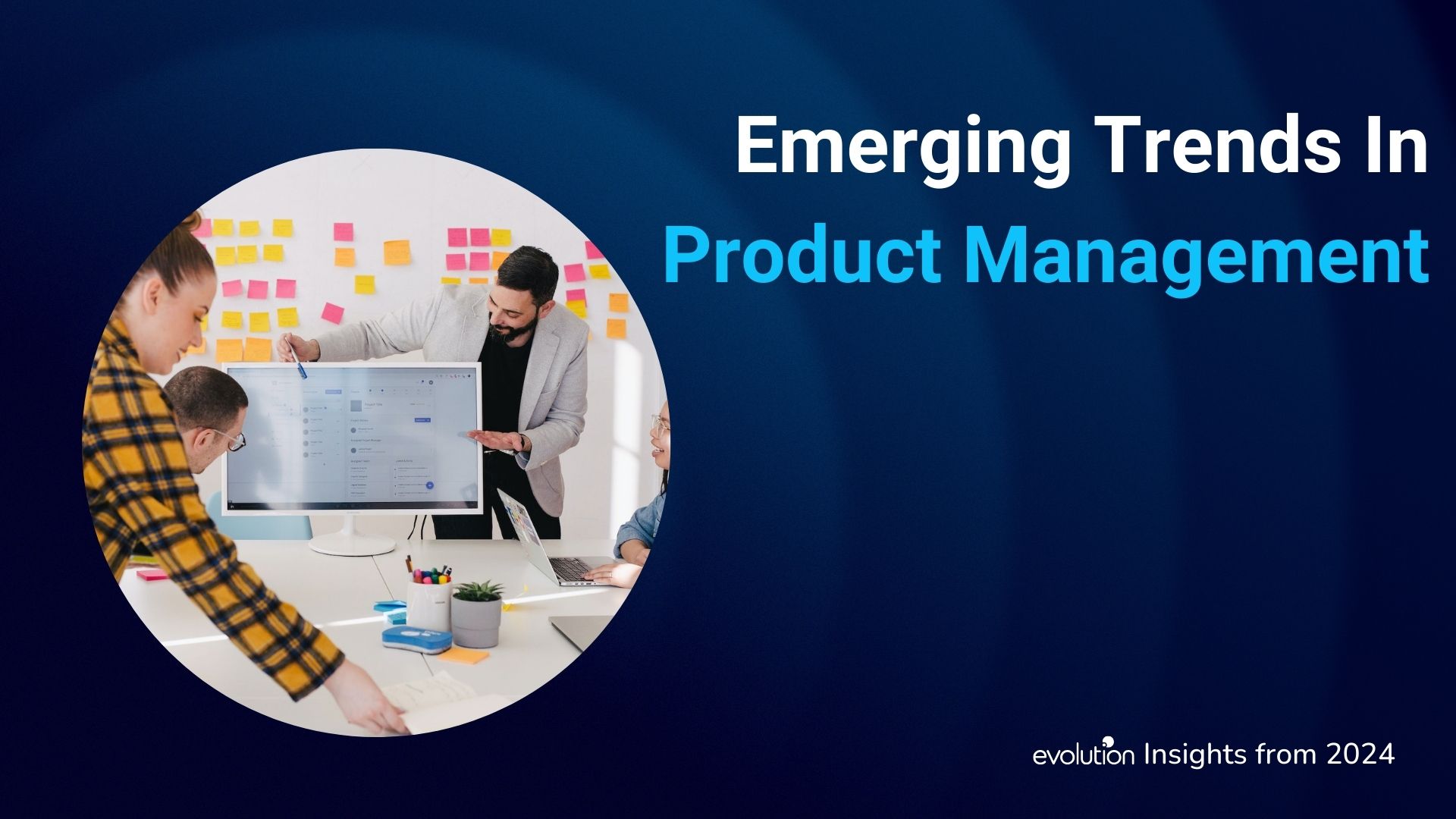Alok Ranjan, a seasoned technology professional, has embarked on a remarkable 25-year journey in the technology industry. His passion for computers ignited during his engineering studies in India, eventually leading him to a career path he deeply embraced. Throughout his career, Alok has demonstrated a customer-centric approach, which has played a pivotal role in his success. From technical roles to managerial positions, he has consistently strived to understand and cater to the needs of his customers. Alok’s story is a testament to his dedication, adaptability, and visionary leadership, as he fearlessly embraced the challenges of cloud adoption and digital transformation, leaving an indelible impact on the industry.
A Passion for Technology:
Alok Ranjan’s fascination with computers began during his engineering studies in India. Although initially pushed into computer engineering, he quickly fell in love with the subject, making programming his second nature. Despite not finding immediate opportunities in programming roles, Alok embraced computer administration, seeking ways to automate processes and optimise customer experiences. This marked the beginning of a technical journey that would shape his future.
Alok’s career progression soon led him to take on roles in computer administration, where he excelled in managing internal IT for TCS’s offshore delivery centres. His passion for customer-centricity was always evident. As his responsibilities grew, so did the number of people he managed, culminating in leading the internal IT for a 3000 capacity delivery centre. Alok’s adaptability and willingness to take on challenges propelled him forward on a steep learning curve.
Overcoming Challenges:
Moving beyond internal IT, Alok ventured into managing specific customer accounts. As the service delivery manager for a global media giant in the UK, he was responsible for end-to-end IT services, including service desk, Service Management and data centre management. Alok’s customer-centric approach remained a cornerstone as he expanded his responsibilities to Hungary, where he successfully addressed service desk challenges.
Alok highlights several challenges that organisations face in their journey towards digital transformation. He states, “The foremost challenge which I perceived in this entire journey, is the resistance to change. Our mindsets are not yet to a stage that we are happy to change. There comes the fear of unknowns, and that becomes a stopping factor for people to change.”
Alok emphasizes the importance of having the right people with the right mindset for successful digital transformation, stating, “If you have the right people with the right mindset, then digital transformation becomes a comparatively simpler journey to undertake. You can do it and impart that knowledge to your other colleagues. Introducing technology is difficult but choosing the right technology that fits into your business model without disrupting other operations, is even more difficult.”
He identifies misaligned priorities, amongst different stakeholders and partners, as another challenge. Noting the need, to align business priorities with IT priorities, customer priorities between partners and enabling that engagement on a common ground with the wider ecosystem that includes partners and experts, is extremely time consuming. Ranjan states, “All of these entities’ priorities have to be aligned so that they can see a common objective. If we can’t find a common ground, the ecosystem either fails or prolongates. The key element or the challenge is to find that common ground which benefits all and then orchestrate that ecosystem forward.”
Technical debt is also identified as a significant challenge during the digital transformation process. Alok explains that while businesses are running, the disruption caused by digitising processes and applications needs to be carefully managed. He mentions the dilemma of modernising applications before moving them onto the cloud or opting for a quicker lift-and-shift approach which can lead to technical debt in the digital world.
Lastly, Alok addresses the challenge of mindset and psychological safety within organisations. He emphasises the importance of fostering a growth mindset and creating a culture where everyone feels comfortable sharing their ideas and perspectives. He states, “In a digital world, we aim to have a flat organisation where nobody’s superior, and we all work for each other and stand with each other. There is no fear of psychological pressure on anybody so that they can speak freely and open up their ideas.”
Pioneering Cloud Transformation:
Around 2015-2016, as the world embraced cloud and digital transformation, Alok found himself leading a pioneering cloud journey for a customer. The lack of cloud expertise, at the time, presented significant challenges, but Alok assembled a skilled team, including members from India, and successfully navigated the project. This experience taught him valuable lessons in customer alignment and the importance of skill development in cloud technologies.
Embracing Digital Transformation:
With the growing emphasis on cloud and digital transformation, Alok recognised the need to align his expertise with the evolving industry. He joined the Microsoft business unit within TCS, where he focused on delivering digital transformation services to various industries in the UK. Under his leadership, the unit successfully bridged the gap between sales and delivery, ensuring customer satisfaction, effective project execution and ultimately customer success.
Alok emphasises the significance of this process by stating, “Digital transformation is nothing but re-imagining business processes, products, strategy, and operations, to drive specific changes within the organisation’s business models, within people’s mindsets, and within their customer experience to grow the business exponentially while keeping costs flat. This is powered by digital technology and Cloud compute.” Alok underscores the role of digital technologies in reshaping all facets of a business, from internal operations to customer interactions, highlighting the transformative power of technology in driving innovation, enhancing customer experiences and realising value.
Pursuing Continuous Learning:
To deepen his knowledge and understanding of digital innovation and transformation, Alok undertook a formal course from University of Cambridge Judge Business School, which profoundly influenced his mindset and approach to tackling technological challenges. Armed with this newfound insight, he continued to expand his roles within the Microsoft business unit, eventually becoming the Head of Customer Success, overseeing all verticals in UK & Ireland.
Defining Customer Success and Its Importance:
According to Alok, customer value is the perceived benefit a customer receives from a product or service, minus the perceived costs associated with it. These costs can go beyond the monetary price and include factors like time and energy expended. The perceived benefits are not limited to personal gains but also extend to organisational benefits and the overall brand image. Customer success, in Ranjan’s perspective, entails delivering value that exceeds the costs perceived by customers.
“Now my job as a customer success is to deliver that value for the customers. We might be delivering everything they have asked for, but what are we delivering as a value which they perceive as a benefit over and above their costs. And that is where we bring 4-5 elements into place.”
Experience: The experience of a company’s workforce, gained through working with various clients and markets, is shared with customers. This experience aids customers in deriving value by providing them with insights, knowledge, and learnings.
Technology: Companies can bring technology to customers and educate them about the latest advancements that can benefit their businesses. This includes introducing technologies that customers may not be familiar with and showcasing how they can improve operations, reduce costs, or enhance employee satisfaction.
Customer-to-Customer Collaboration: Customers who have already undergone a similar journey can share their knowledge and experiences with others. This collaboration reduces the risk of unknowns and equips customers with valuable insights and best practices.
Partner Engagement: Companies can facilitate partnerships between customers and relevant partners aligned with the customer’s strategy. By building collaborative ecosystems, companies can help customers achieve their objectives and business strategies effectively.
Talent and Skills: The company’s employees possess valuable skills and expertise, which are leveraged to support customers in overcoming challenges and achieving their goals. By continually building capabilities in various technologies, companies can address skill set shortages and assist customers with their specific needs.
Alok also highlights the importance of adapting to customer requirements, even in complex situations. For instance, when customers possess legacy systems or lack access to source code, we deploy tools / TCS IP and expertise to extract information and provide solutions.
Alok Ranjan’s journey from a passionate techie to a visionary leader in the technology industry is a testament to his commitment, adaptability, and customer-centric approach. Embracing challenges with courage, he has played an instrumental role in pioneering cloud adoption and digital transformation initiatives, leaving a lasting impact on the industry. Alok’s dedication to continuous learning and customer satisfaction continues to drive him forward as he leads the charge in transforming the digital landscape.



























